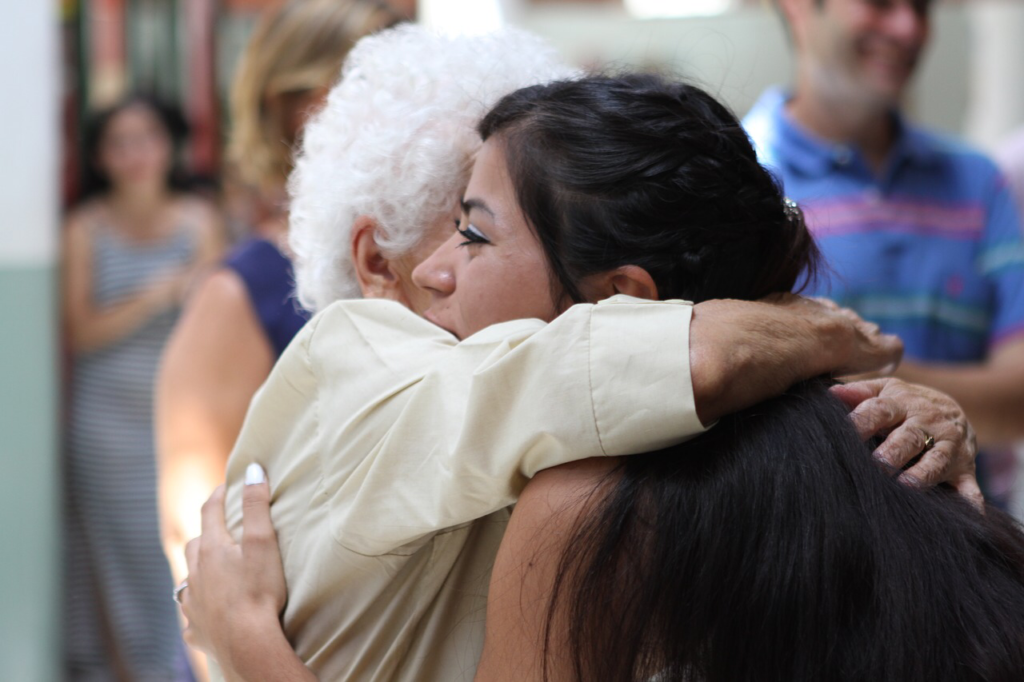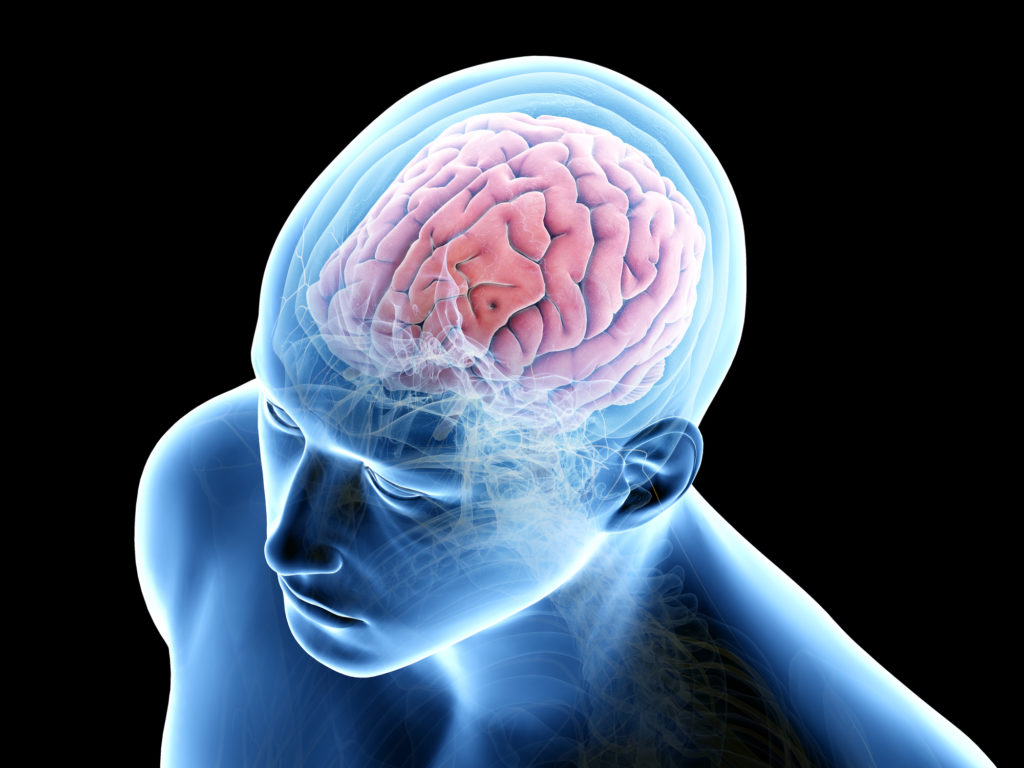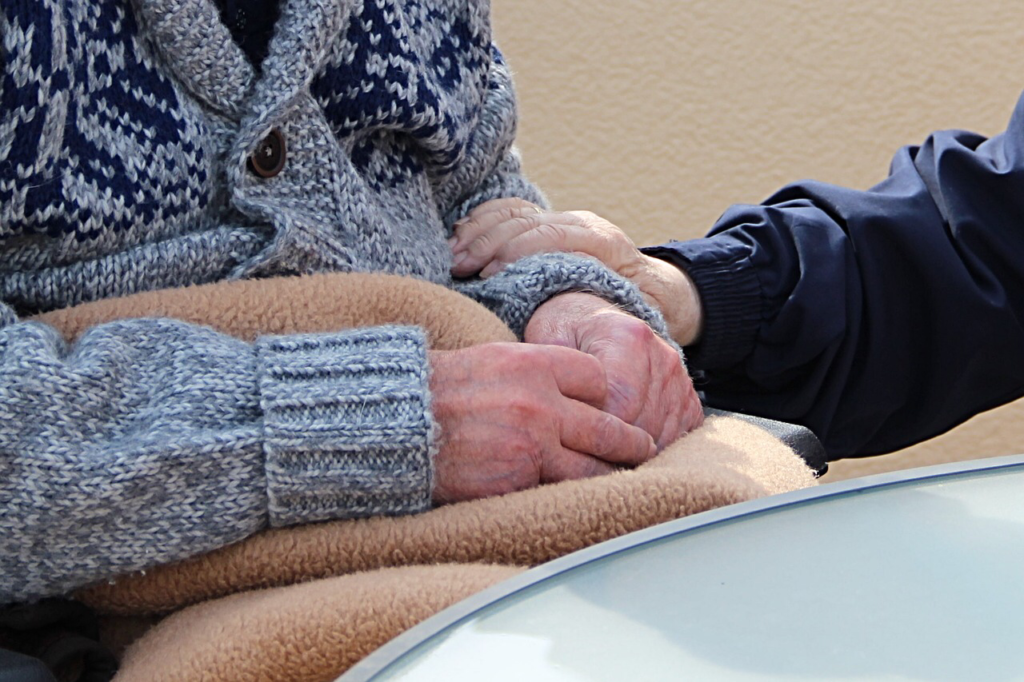This is a very topical issue, as more and more people in the world are confronted with Alzheimer’s disease or Vascular Dementia. A condition that involves changes in the brain’s blood supply.

Empathize yourself
The best way to deal with Dementia is by trying to empathize with the position of the person with Dementia. Try to imagine what it would feel like to lose your independence and be completely dependent on others.
What it would be like if you could no longer decide for yourself. What it would be like if you no longer understood the world around you.
Connect with their memories
If you are caregiving for your loved one or you are a professional caregiver, take advantage of strong long-term memories in people with early or mid-stage Dementia. Take advantage of their powerful and emotional ties to the past.
Use holidays and family get-togethers as an opportunity of reflection to try and connect with their past memories of the moment they loved.
Old movies, old songs, and even moments from their history can bring a smile to their faces and joy in their hearts. Reflecting on the past can make your loved one feel included in your celebration, less stressed about the new situation, and happy to be surrounded by family.

Draw attention
Keep talking to the person with Dementia, say short sentences. Don’t ask too much about the facts and events of today or yesterday.
For example, ask: “How was your day?” Or “Have you had a nice day?” Instead of “What did you do yesterday/today?”
Grab attention when you want to say something. Make eye contact and carefully place your hand on the arm of the person with dementia.
Approach
Do not make unexpected or rapid movements. Don’t approach a person with dementia from behind (he or she will be shocked because he can’t interpret the situation behind him or her). The ability to plan, understand and see cause/effect is gone.
Words and deeds
Support your words with deeds and keep it short and simple. People with Dementia listen less and less to the
Facial expressions, intonation, gestures, and posture are important. Also called body language.
Intact
The ability to imitate, mirroring is often still intact.
An example is a toothbrush. Give a person suffering from Dementia a toothbrush in his hand, or show it by brushing your teeth yourself or imitating the movement. In many cases they imitate you.
What I always do with my patients is to grab their hands and make dance and clap movements to the music together. The smiles on their faces and the clapping of their hands give them a few moments of recognition, which I see as a bit of luck in their world.

Communication tips
When dealing with a person suffering from any form of Dementia as a family or professional:
- Don’t test. “What did you eat yesterday?”
- Don’t lecture. “What is the name of the lady sitting next to you?”
- Don’t improve. “I just told you that, didn’t I?”
- Don’t argue. “No, that’s not your mother.”
- Don’t give reprimands. “You can’t do that!”
- Don’t confront. “We agreed that yesterday, right?”
Remember, that someone with Dementia has a very short memory.

No guilt: You’re doing the best you can
Almost every caregiver becomes frustrated or angry at some point in caring for someone with Dementia. I think that is one of the causes of the high rate of guilt. Because this is almost universal, I think it’s important to keep in mind that most of the time, you as the caregiver are doing a good job.
Caregiving for People with Dementia is challenging. One of the unique aspects of caring for someone with Dementia is that caregivers almost always feel guilty in some way.
When you need more information or tips don’t hesitate to contact us.
